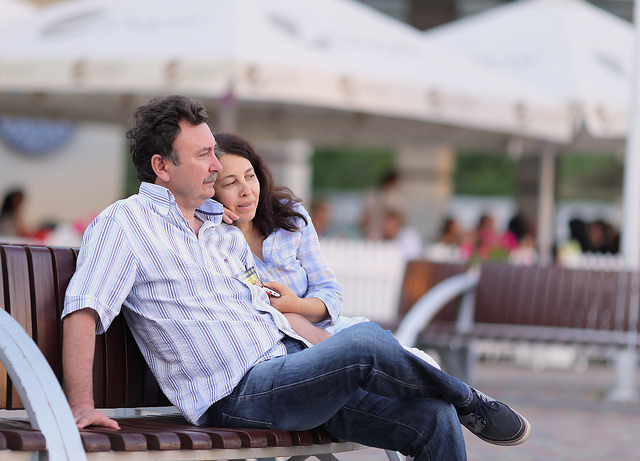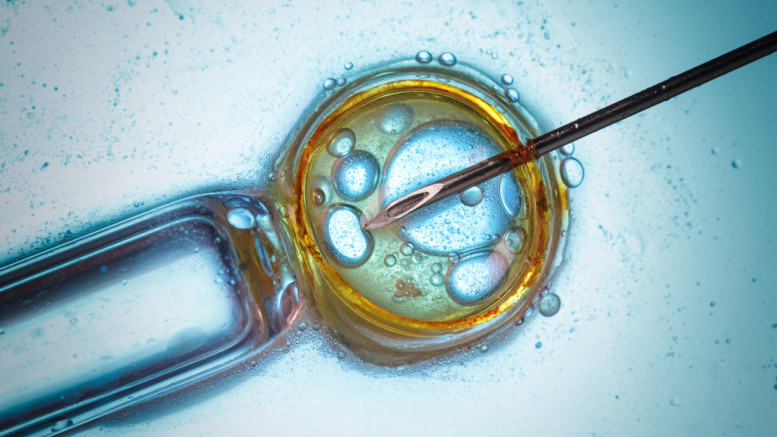Egg freezing is a subject quickly gaining popularity in the media and offline as more women explore its possibilities and advantages. Egg freezing is when your eggs are retrieved from your ovaries and frozen for future use. It is an option if you are not ready to have kids but want to have them later. It is based on the fact that fertility declines with age, giving you a better chance of a healthy embryo at a later age.
How does the process work?
Egg freezing can be an intense process because a lot goes into the process before the ultimate retrieval of the eggs. It works similarly to in-vitro fertilization, only that here, the eggs are not fertilized but frozen and stored for future use. You have to undergo minor surgery for the eggs to be harvested from the follicles of your ovaries.
Although every patient’s experience is unique, you can expect the following steps in an egg freezing fertility clinic.
Initial assessment
When you visit an endocrinologist, they first begin with an extensive consultation to understand your overall health and why you want to freeze your eggs. From there, they carry out a test to assess your ovarian reserve. Remember that you are born with all the eggs you will have in your life as a woman, but their quality declines over time. Performing an ultrasound and evaluating your hormone levels gives the doctor an idea of how many eggs you can expect to harvest in one cycle and how many cycles are necessary to get enough eggs.
Scheduling
When you understand everything that is expected of you and decide to go ahead with the procedure, scheduling for the process around your menstrual cycle follows.

Hormone injections
The endocrinologist or fertility specialist then prescribes hormones administered in an injection every day for the next one to two weeks. The injections are meant to boost your ovulation so that your ovaries produce more eggs before harvesting. During this time, you are supposed to attend clinics regularly as the doctor monitors follicle development and hormone levels to make dosage adjustments as need be.
Egg harvesting day
When your ovarian follicles have developed to the desired size, the doctor gives you a trigger shot to induce the release of the eggs. About thirty-six hours after the shot, you undergo minimally invasive surgery to harvest the eggs, which may take about 30minutes to one hour. The doctor uses a transvaginal needle to harvest the eggs from the follicles under anesthesia. Ideally, the endocrinologist hopes to retrieve 10-15 mature eggs from one cycle, but some women produce fewer and may require additional cycles.
Freezing the eggs
The doctor should notify you about how many eggs they retrieved shortly after the procedure. Then the eggs are sent to an embryology lab where they are stored under -196degrees Fahrenheit. At that temperature, all biological activity, including aging, stops.
In conclusion
You do not have a limit to how long you can store your eggs once retrieved. They are thawed and fertilized to produce a healthy embryo when you decide to use them.
